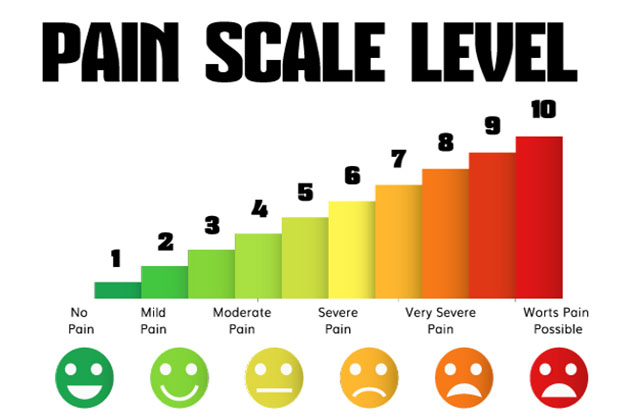A novel blood test for pain has been developed which can help to provide objective treatments based on severity of pain
A physician assesses a patient’s pain sensation subjectively since it is generally determined by patient’s self-reporting or clinical examination. The main cause of opioid epidemic in several countries is the over-prescription of pain-relieving drugs leading to addiction of these medications. The over subscription happens because of unavailability of methods to objectively measure pain. Effective communication of ‘level of pain’ is hardly ever achieved in a clinical setting especially for children and elderly. The pain medications were continuously subscribed for all levels of pain and this has created a big problem. Untreated pain can affect quality of life thus getting tailored treatment for pain is the need of the hour.
Identifying biomarkers for pain
In a breakthrough study published in Nature journal Molecular Psychiatry, a first ever prototype blood test has been developed by Indiana University School of Medicine, USA which can objectively if not completely quantitively measure severity of a patient’s pain with better accuracy. Researchers enrolled hundreds of participants who were psychiatric patients – a high risk group for pain disorders with increased sensation and perception of pain. Researchers identified gene expression biomarkers in the blood (like a signature or fingerprint which is unique) which could objectively determine severity of one’s pain. These biomarkers were molecules that can reflect severity of a disease, for example glucose in blood is a biomarker for diabetes. Some of the biomarkers like MFAP3 had no previous evidence of being involved in pain while many others were targets of existing drugs.
Predicting natural drugs
Researchers used bioinformatics drug repurposing analysis to match pain biomarkers with existing non-addictive drugs, medications and natural compounds profile in a prescription database. Analysis suggested possible lead compounds which would normalize the pain signature. These compounds included both antidepressants as well as natural compound like Vitamin B6 and Vitamin B12. The shortlisted compounds were mostly non-opioid drug or compound. The pain biomarkers can also predict when a patient would next feel pain and is likely to visit the clinic. Some biomarkers were seen as universal and some were specific to a gender.
This information from a simple blood test is helpful to evaluate if a patient is suffering from chronic long-term pain. Treatment can be provided objectively and quantifiably especially for headache, fibromyalgia etc. For any therapeutic treatment the goal is to find the right drug which has minimal side effects. This study is a first step towards precision medicine for pain i.e. a personalized tailored treatment and it could change the way pain is treated by medical care.
***
{You may read the original research paper by clicking the DOI link given below in the list of cited source(s)}
Source(s)
Niculescu AB et al 2019. Towards precision medicine for pain: diagnostic biomarkers and repurposed drugs. Molecular Psychiatry. https://doi.org/10.1038/s41380-018-0345-5






































